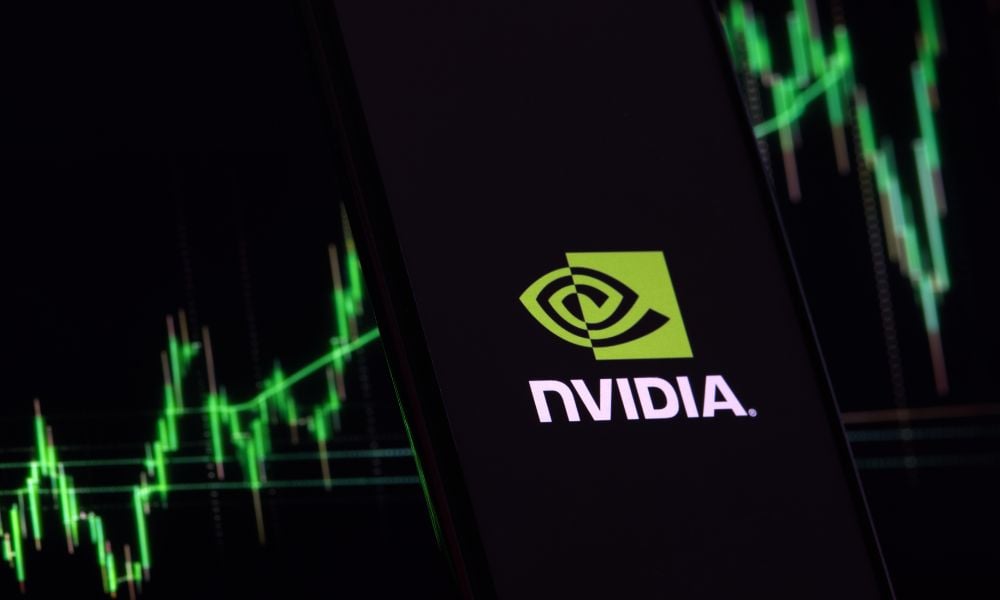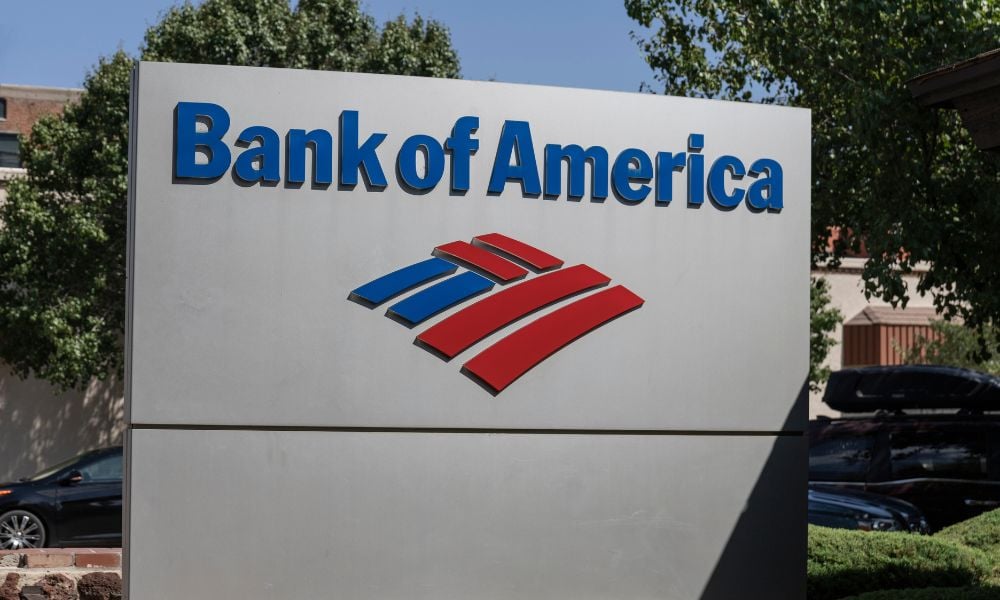Nvidia and AMD win approval to restart China AI chip sales under rare US revenue-sharing pact

Nvidia and Advanced Micro Devices (AMD) will give the US government 15 percent of their revenues from certain AI chip sales to China in exchange for export licences, a move that could unlock billions in annual revenue for the companies, according to Reuters.
As reported by CNN, the agreement allows both companies to resume shipments of Nvidia’s H20 and AMD’s Instinct MI308 chips, which had been banned from export in April under US national security measures.
The arrangement, described by US officials as voluntary to avoid classification as a tax or tariff, ensures the companies have no say in how the US government spends the funds.
CFRA Research estimates combined sales of the H20 and MI308 chips to China could reach US$35bn annually, generating around US$5bn for the US government.
US President Donald Trump said he initially demanded a 20 percent share of Nvidia’s China sales but settled on 15 percent after negotiations with Nvidia chief executive Jensen Huang, as reported by CNBC.
Trump described the H20 chip as “obsolete” and claimed China already possessed similar technology.
The H20 is a modified version of Nvidia’s H100 and H200 series chips, with performance reductions to comply with US export restrictions.
As per Reuters, Trump left open the possibility of approving a scaled-down version of Nvidia’s most advanced Blackwell chip for export to China, with performance reduced by 30 to 50 percent.
He said Huang would return to the White House to discuss an “unenhanced” version of the chip, which he called “the latest and the greatest in the world.”
Former White House National Security Council technology director Saif Khan said even scaled-down Nvidia chips could enable China to build “world-leading, frontier-scale AI supercomputers” and potentially surpass the US in AI capabilities.
The US Commerce Department has stated it does not believe sales of the H20 or equivalent chips compromise national security.
According to Forbes, the arrangement is unusual in that governments have historically demanded revenue only when holding equity stakes, as in the 2009 General Motors and Chrysler bailouts.
Some experts, including Sarah Kreps of Cornell University, noted there is little historical precedent for this type of revenue-sharing model.
Nvidia has not disclosed how the H20’s capabilities compare with US versions, though the company said in a statement it follows “rules the US government sets for our participation in worldwide markets.”
The Chinese market accounted for 13 percent of Nvidia’s sales in 2024, and the company took billions in charges after the April ban.
China’s foreign ministry has accused Washington of using technology and trade measures to “maliciously contain and suppress China.”
State-affiliated outlet Yuyuan Tantian suggested the chips could contain “backdoors,” a claim Nvidia has denied, as reported by Reuters.


